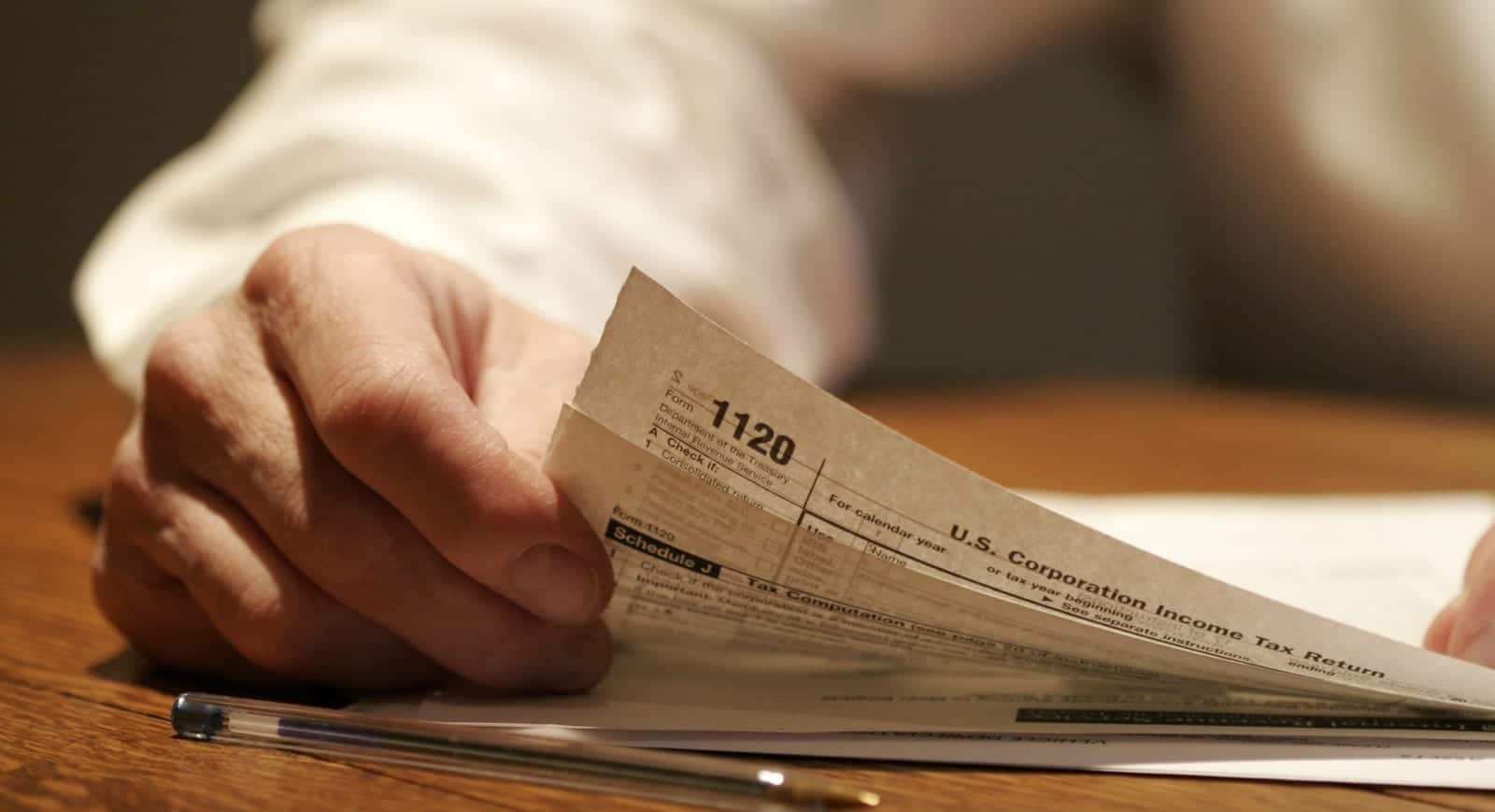You likely have many plans for your personal injury settlement when it arrives. You probably have bills to pay, particularly if you have been unable to work after your accident. Taxes may not have crossed your mind.
Thankfully, you will usually not have to pay income taxes on most of your personal injury settlement judgment. There are some exceptions to this rule, however. Your personal injury lawyer can help answer some questions, but you may also want to speak with a tax professional to discuss your particular tax situation.
How Does the IRS Treat Personal Injury Settlements?
Damages that are received because of physical injury or sickness are excluded from gross income under the IRS regulations. This does not include punitive damages. It also does not include emotional distress damages unless those damages are attributable to a physical injury or sickness. If your award or judgment does not equal more than your medical expenses, then it also will not be taxed.
Parts of a Settlement
Because the IRS treats parts of a settlement differently, it is important to understand which portion of your settlement accounts for each kind of damage. Damages that account for medical expenses, for example, are considered “compensatory” or “economic” damages. Other damages that would fall into this category include:
- Prescription expenses
- Expenses for medical devices
- Cost of renovation of your home to account for use of a wheelchair or other medical device
- Rehabilitation and therapy expenses
- In-home care expenses
Pain and suffering awards are “general” or “non-economic” damages. Other non-economic damages might include loss of enjoyment of life, loss of consortium, or future pain and suffering. Generally, this type of damage is not taxable.
You may also receive some amount for property damage in your case. In car accident cases, property damage awards because of damage to your vehicle are relatively common. Property damage settlement amounts are not taxable because they are met to reimburse you for damage that has already occurred to your property.
If you are awarded an amount for lost wages, that portion of the settlement will likely be subject to income tax. You would have been taxed on this income if you earned from your employer outright, so it makes sense that this portion of your settlement would also be taxed.
Punitive damage awards are generally taxed as if they are regular income. Punitive damages are rare, but they do occasionally come up in personal injury cases or car accident cases. Punitive damages are designed to punish the defendant for particularly careless, irresponsible, or intentionally wrongful actions. They are not tied to the injured individual the same way that other types of damages are. Instead, they are used as a deterrent for future poor conduct.
Getting More Help
Your personal injury lawyer will help you construct your personal injury settlement in a way that will allow you to pay the least amount of taxes possible. If you are unsure of what your settlement is for specifically, be sure to address this concern with your lawyer. You may also want to talk to your accountant or tax specialist for additional information.
Contact Jim Glaser Law today at 781-689-2277 or fill out our online form to request a free case evaluation.

















